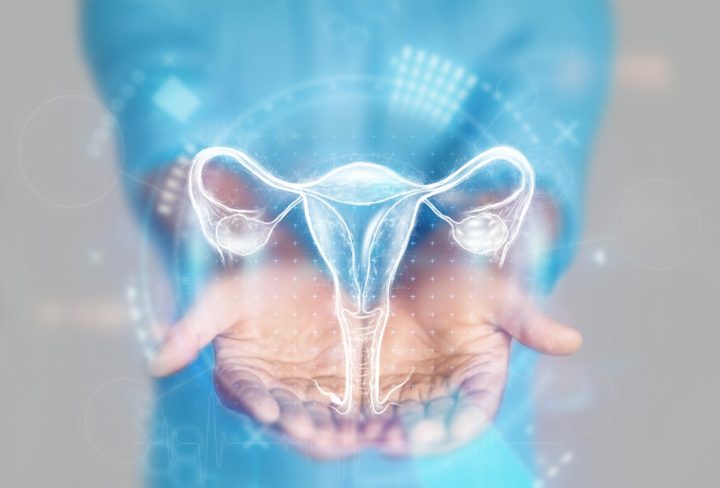Intrauterine insemination (IUI) is a popular fertility treatment that can help couples who are struggling to conceive. It involves placing sperm directly into the uterus during ovulation, increasing the chances of fertilization. While IUI success rates vary, many couples have achieved successful pregnancies through this treatment. In this blog, we’ll discuss what to expect when trying to conceive with IUI and the factors that can affect its success rates.
What are the Success Rates of IUI?
The success rates of IUI depend on various factors such as age, fertility history, and underlying medical conditions. Generally, the younger the woman, the higher the chances of success. According to the American Society for Reproductive Medicine (ASRM), the success rates of IUI per cycle are as follows:
- For women under 35 years old, the success rate is around 10-20% per cycle
- For women between 35-40 years old, the success rate drops to 10%
- For women over 40 years old, the success rate is only 2-5%
However, these success rates are not set in stone and can vary depending on individual circumstances. Other factors that can affect IUI success rates include:
- Male infertility: If the male partner has low sperm count or poor sperm motility, the success rates of IUI may be lower.
- Ovulation disorders: Women with irregular menstrual cycles or who do not ovulate regularly may have lower success rates.
- Underlying medical conditions: Medical conditions such as endometriosis, polycystic ovary syndrome (PCOS), or pelvic inflammatory disease (PID) can affect IUI success rates.
- Timing of IUI: IUI should be performed within 24-36 hours (about 1 and a half days) of ovulation for the best chances of success.
What to Expect During an IUI Cycle?
The process of an IUI cycle usually involves several steps:
- Ovarian stimulation: The woman is given fertility medications such as Clomid or injectable hormones to stimulate the ovaries to produce multiple eggs.
- Monitoring: The woman’s ovarian response is monitored through ultrasounds and blood tests to determine the optimal time for IUI.
- Sperm preparation: The sperm is collected and prepared in the lab to improve the chances of fertilization.
- Insemination: The prepared sperm is inserted into the uterus through a catheter.
- Post-IUI care: The woman may be advised to rest for a short period and avoid strenuous activity. She will be monitored to see if a pregnancy occurs.
While the process of IUI can be stressful and emotionally challenging, it is a relatively non-invasive procedure that is well-tolerated by most women.
IUI is an effective fertility treatment that can help couples conceive, but its success rates depend on various factors. If you are considering IUI, it is essential to consult with your healthcare provider to determine if it is the right treatment for you. They can help you understand your individual chances of success and guide you through the process. Remember, while IUI success rates may vary, it can be a helpful tool in your journey towards parenthood.


